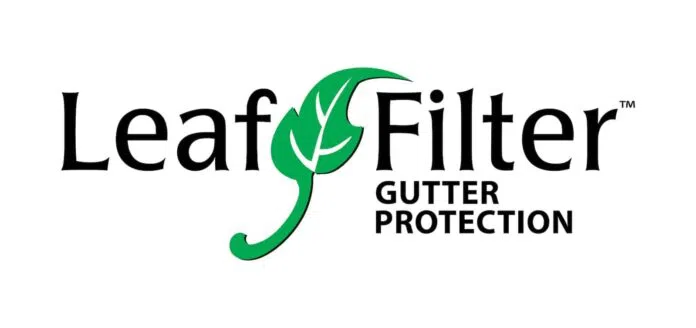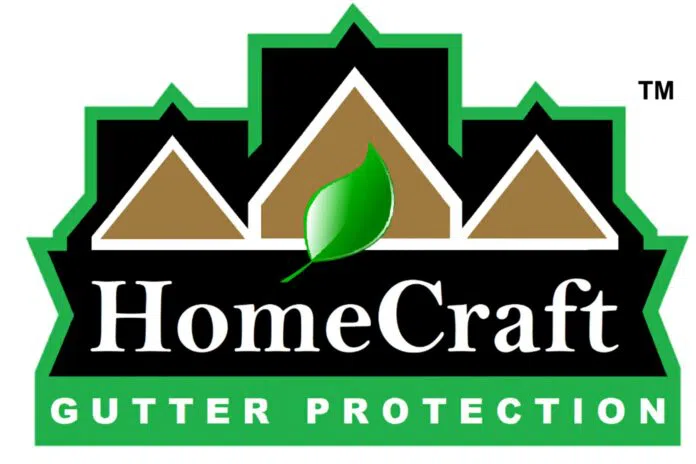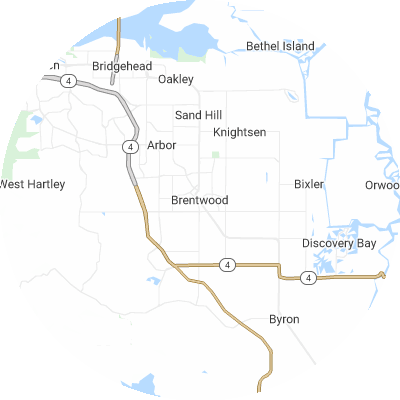Signs You May Need Gutter Guards
Gutter guards aren't always necessary, but evidence of obstructed gutters is clear. Indicators of recurring gutter troubles are:
- Frequent clogs that cause overflow and water to spill over gutters
- Mold growth, interior wall stains, or peeling exterior paint on walls near gutters.
- Visibly saggy, damaged, or misaligned gutters that no longer correctly direct rainwater
- Leaky joints or seams where water leaks from the gutters
- Soggy ground or visible erosion around your foundation
How To Choose a Gutter Guard Installer
Assess Their Experience
Providers with extensive gutter guard installation experience that have worked with many different styles and models will know how to take accurate measurements and install guards to your home’s unique dimensions. Get in touch with these companies to get details regarding their experience and ask for local references.
Verify Proper Licensing and Insurance
Check that the providers you're considering have valid licenses, bonds, general liability insurance, and workers compensation coverage. This safeguards you in case of injuries or accidents that could arise. Ask potential providers for current licensing and insurance papers.
Choose Reputable Brands
Seek out companies that provide tenured and trusted gutter guard brands such as LeafFilter and Gutter Helmet. Be wary of companies that only carry generic no-name or their own off-brand guards, as these likely have not undergone the same rigorous testing as major brands.
Seek Custom Fit Services
Gutter guards should be custom fitted on location to match your gutters. Choose a company that custom measures and trims guards for your house rather than using universal guards. Guards fitted for your home leave no gaps for debris accumulation.
Examine Warranties
Top gutter guard companies usually provide 20-year or lifetime warranties against rust, clogs, leaks, and other defects. Before picking a provider, look into its warranty terms for workmanship and materials guarantees. Warranties are the best way to protect your investment into your gutters.
Check Reviews and Referrals
It's a good idea to look at online reviews on sites such as the Better Business Bureau (BBB), Yelp, or Google Reviews to learn more about customer experiences. You can also ask neighbors who they would recommend for quality gutter guard businesses in your area. When researching potential providers, it's best to opt for companies with consistently good reviews rather than just one or two reviews.
Types of Gutter Guards
There are six typical gutter guard types. These include the following:
- Foam guards are light and easy to install. With this type of guard, debris lands on the foam instead of in your gutter. Foam guards cost roughly $2.46 per linear foot.
- Brush guards are made of large brush bristles that partially obstruct your gutters, allowing water to pass through while catching debris. On average, you can expect to spend $4.04 per linear foot for brush guards.
- Screen guards have large holes that allow water through while blocking debris. Screen guards cost roughly $4.29 per linear foot.
- Mesh guards stop debris but allow water to flow through. Mesh guards have even smaller holes than screen guards. They're durable and encourage debris to slide off as opposed to sitting on top of your gutters. On average, you can expect to pay $4.06 per linear foot for mesh guards.
- Micro-mesh guards have even smaller holes than mesh guards, letting even less debris through than mesh. These guards are very effective. On average, you can expect to pay $5.14 per linear foot for micro-mesh guards.
- Surface tension guards, sometimes called reverse curve guards, use surface tension to allow debris to slide off while water flows into the gutter. They can usually be seen from the ground. On average, you can expect to pay $3.16 per linear foot for surface tension guards.














